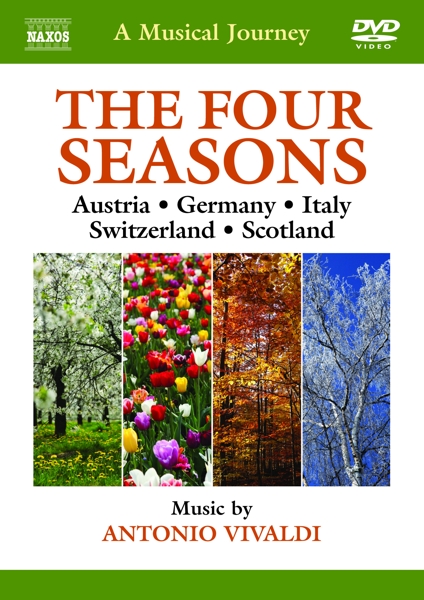Other products from Various |
My Account
|
Log In
|
English |
€ Euro |
Advanced Search
|
All Categories
BEST SELLER
500
NEW RELEASES
8.215
SPECIALS
231.918
Your search:
No selection
Filter results:
TECHNICS
268.506
GAMES/SOFTWARE
26.253
MUSIC
708.930
Christian Music
733
- Asia Pop
9.321
- Austro Pop
211
- Brit Pop
247
- Dutch Pop
1
- Euro Pop
37
- French Pop
492
- Indie Pop/Lo Fi
24
- Italo Pop
292
- Latin Pop
6.842
- MiddleoftheRoad
2.590
- Oldies
72
- Other Pop
229.997
- Party
29
- Synthi Pop
321
- The 60s
277
|
Music Movie Audiobooks Merchandise Children's |









![Various - Karl May-Klassikeredition BD [Regio free (0)]](https://img.grooves.land/images/cover/996/694/txd1n1x6.j11)








![Domingo / Cura / Raimondi / Novikova / Mehta / + - Rigoletto/La Traviata/Tosca [DE-Version, Regio 2/B]](https://img.grooves.land/images/cover/457/537/pn9gg9dv.j11)
![Arnold Schönberg Chor / Julie Boulianne / Eva Hughes - Händel: Theodora (Theater an der Wien, Wien, 2023, [DE-Version, Regio 2/B]](https://img.grooves.land/images/cover/463/018/p4300je1.j11)
![Golovneva / Lauritano / Care / Sulimsky / + - None but the Lonely Heart [DE-Version, Regio 2/B]](https://img.grooves.land/images/cover/057/577/pn9ghg1r.j11)
![Mancini / Mauillon / Mingardo / Savall / + - L'Orfeo [DE-Version, Regio 2/B]](https://img.grooves.land/images/cover/264/015/p4300f80.j11)
![Vesin / Victorova / Paster / Melrose / Pérez / + - The Fiery Angel [DE-Version, Regio 2/B]](https://img.grooves.land/images/cover/365/011/p4300bb2.j11)
![Gerard Schwarz / All Star Orchestra - Programs 7 & 8: Music's Emotional Impact/ [Regio free (0)]](https://img.grooves.land/images/cover/156/535/pn9gg74r.j11)
![Dutch National Ballet - Hommage à Hans van Manen [DE-Version, Regio 2/B]](https://img.grooves.land/images/cover/364/018/p4300jb1.j11)
![Various - SWITZERLAND: Graubünden [Regio free (0)]](https://img.grooves.land/images/cover/157/554/pn9ggt4s.j11)
![Mcnair / Otter / Chance / Hadley / Lloyd / Marriner / Amf - Der Messias (GA) 250th Anniversary [Regio free (0)]](https://img.grooves.land/images/cover/295/043/1b071a8y.j11)

